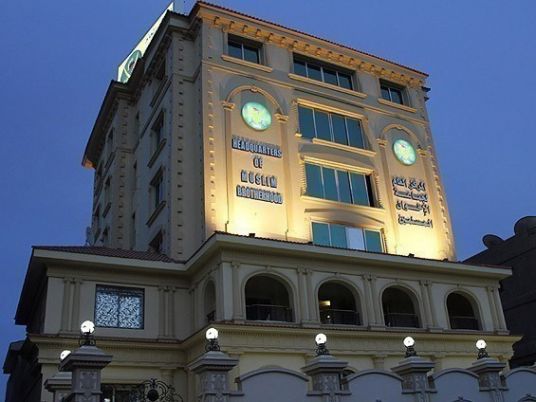
The reported conflicts between the Muslim Brotherhood’s old guard and the younger generation, who took over in February 2014, lies in issues deeper than the split over the options of violence and peacefulness in protesting against the government which ousted the group’s rule in 2013, according to a political expert.
Egyptian media depicted the group’s internal divisions as an argument over turning to violence or sticking to peaceful resistance of the incumbent regime, but the rift is more closely related to the core relationships between the group’s leadership and its popular bases, said Georges Fahmi, a fellow at the Carnegie Middle East Center, in an article published on the organization's website.
“The dispute involves a deeper conflict about the rules governing the organization, as well as the nature of the relationship between the popular base and the leadership, and their respective roles in the organization’s decision-making processes,” Fahmi wrote.
The older leadership, according to Fahmi, has lost its longtime absolute control on the popular base to the younger generation who operates activities on the ground. He added that this requires the older leaders to balance between their interaction with the popular base and the maintenance of the organization’s management style.
“The old guard rejects the wide area of maneuver that the more revolutionary base has been granted and the base’s ability to define its own priorities on the ground,” said Fahmi. “The older generation sees this as a threat to the survival of the organization as a cohesive entity and feels a need to tighten the leadership’s grip on the direction and speed of the movements on the ground.”
Compared to the older guard, the new generation of Brotherhood leaders takes the popular base’s stances into consideration, and is aware that any political solution reached on the higher level should win the consent of those on the ground.
“Another element that disturbs the old guard is the increasingly important role played by Islamist circles unaffiliated with the Brotherhood, but sympathetic to it, in determining the path of movement on the ground,” Fahmi pointed out. He added that those kinds of supporters, while on the front lines and subject to “being arrested or injured during clashes with security forces,” are not obliged to obey the Brotherhood’s apparatchik's directives.
“While the new leadership recognizes the need to take advantage of those unorganized Islamists, even if it allows them greater leeway on the ground, the old leadership sees in this fluid situation a threat to the organization’s structure and ideas,” Fahmi wrote.
The writer concluded that unless the older leaderhsips develop new rules that engage lower level members and supporters, the organization's cohesion will remain under the threat of fragmenting into several groups.




